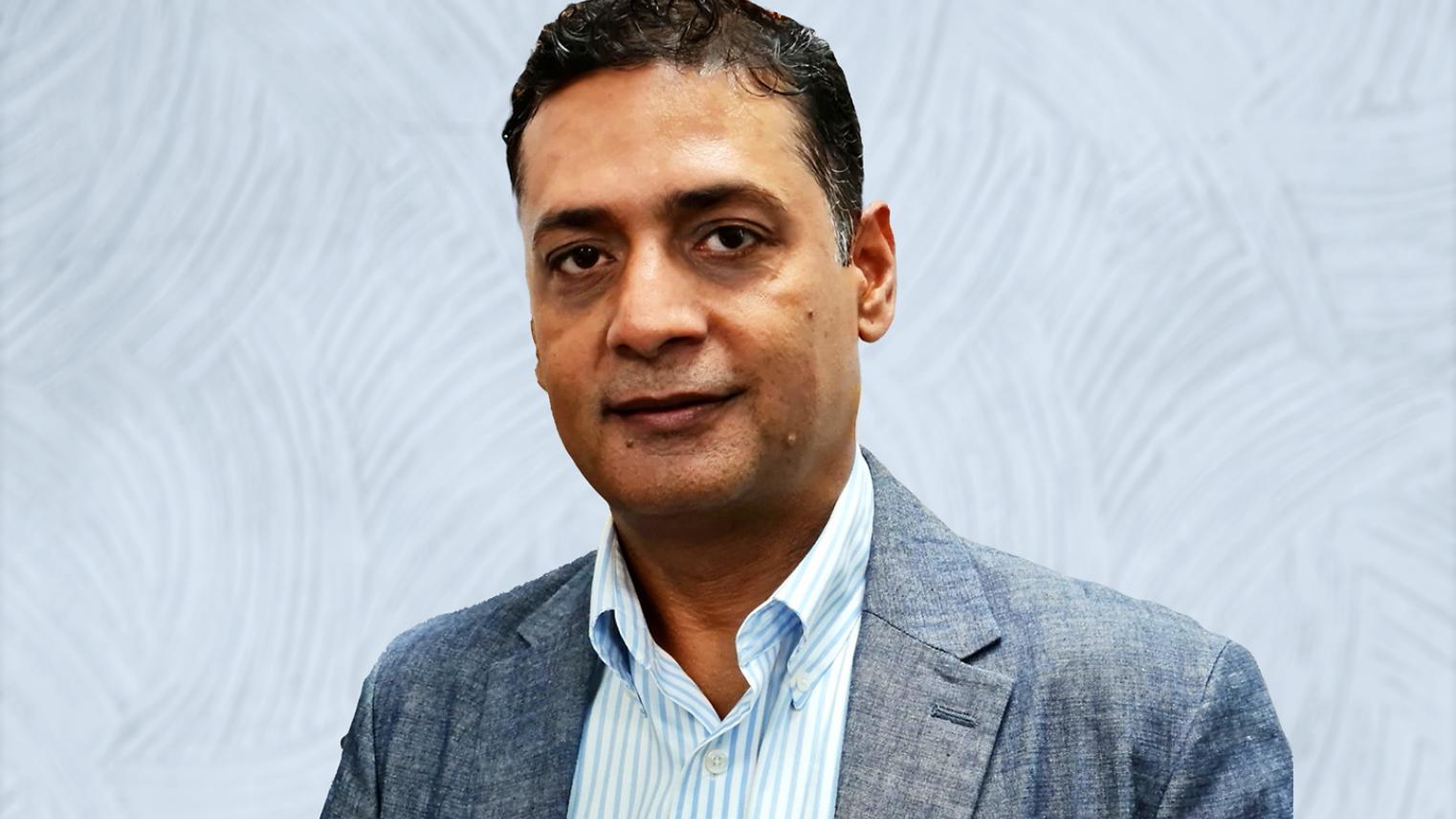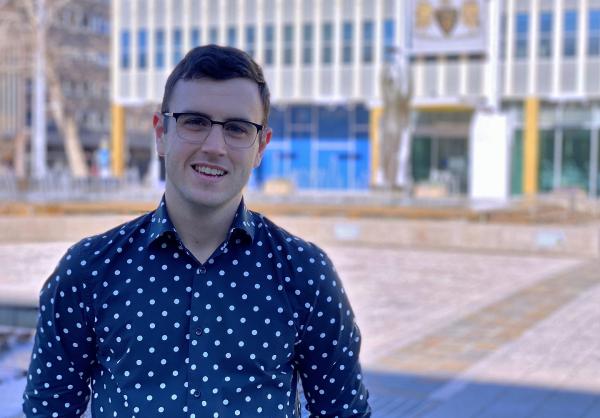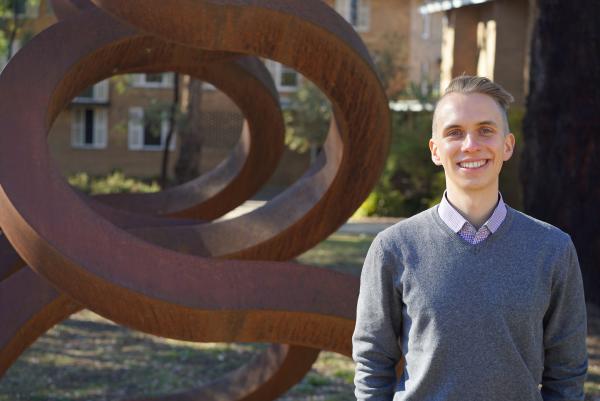Shrutidhar Tripathi

Before coming to ANU, Shrutidhar had been working with UN agencies for almost eight years in his home-country of Nepal, negotiating with conflicting parties to implement humanitarian programs. As National Coordinator for the UN Population Fund (UNFPA) for the rehabilitation of ex-Maoist combatants, he was responsible for re-integrating former child-soldiers into peacetime livelihoods.
“I was representing United Nations Population Fund (UNFPA), but there were many UN agencies like United Nations Development Programme (UNDP) and International Labour Organization (ILO), and other agencies, working there. We had to negotiate with each other because we each had different mandates. At the same time, we had to negotiate together as a team with the government, on the one hand, and on the other, with the leadership of the Maoist rebels, whom they had been fighting for almost 10 years. These factors were affecting the successful implementation of the program.
“I thought then that having formal training and more exposure to theories of negotiation and conflict resolution would provide me with an extra edge to push the best agenda.”
With a Master of Diplomacy under his belt, Shrutidhar says he would approach situations like this differently now.
“I was not aware, for example, of concessions, of the give-and-take, or to what level you actually bend, and what your fall-back position should be. These kinds of things were not on my mind.
Studying the Master of Diplomacy has helped me tremendously in building my experience and knowledge of negotiation, conflict-resolution and diplomatic practices.
Shrutidhar says his professional experience, alongside that of staff and fellow students, allowed him to connect what he was learning in the classroom with real-life scenarios.
“Based on my experience, I was able to contribute practical examples of theories, and field-level challenges and realities; something from which I think the entire class benefited.
“We had a mix of very experienced people in our class who are actually engaged in real-life international negotiations. We had one sitting diplomat, one sitting ambassador, a consul of Mauritius, a first secretary from Thailand, and military personnel from the US Army. We always felt we could learn from and take advantage of each other’s experience, and it’s always good to have these kinds of connections.”
Shrutidhar says he was very happy with the learning environment at the ANU, and gained more than just professional knowledge from the program.
“There’s are dedicated student reading rooms and very amicable staff and professors, who have an open-door policy. The program has a very good blend of practical skills and theoretical knowledge, backed by ample resources. There’s also a coastal retreat at the university’s own Kioloa Campus and a one-week workshop on negotiation and conflict-resolution, providing a very conducive environment for learning and sharing experiences.
“The workshop, in particular, was a very enriching experience for me, and I think it will help me tremendously no matter where I work in the future. The experience is applicable not only in the professional field but in social aspects, and all aspects of life.”
In his current role as Deputy Representative (interim) for the United Nations Population Fund, Shrutidhar works more in a development context with some elements around peacebuilding in Papua New Guinea, particularly around engaging youth as leaders and change-agents for peacebuilding in Bougainville and Highlands region. “While Bougainville had a bloody armed conflict which was politically motivated, and a political transition is ongoing through the implementation of provisions of Bougainville Peace Agreement, the Highlands conflicts are inter-tribal and inter-clan in nature,” he comments.
“I am contributing to the conceptualization of programmes to address these and providing oversight to the implementation of programmes in both Bougainville and Highlands Region,” he concludes.

